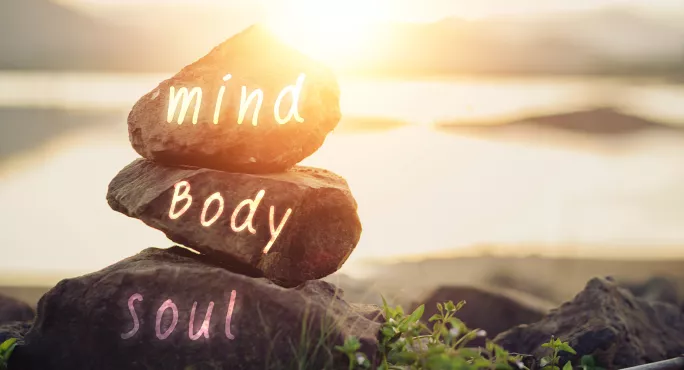- Home
- Analysis
- Specialist Sector
- How we’ve created a holistic assessment system
How we’ve created a holistic assessment system

How do you define a person? Would you use a single word or a description? Should you provide metrics and measurements? Can you ever quantify a person in terms of numbers?
We do a form of this in education all the time with exam results - which is fine if you are using an assessment to demonstrate what someone has learned in chemistry, maths or English.
But how do you measure and demonstrate how someone has grown as a person at school? That they have become kinder, more determined or even more entrepreneurial and innovative?
Holistic assessment
This may sound too conceptual but hundreds of years of structured education tells us that school is a powerful and formative experience in terms of an individual’s character development. We can all think of students who have changed during their time in school.
Yet we still do nothing to capture this. So can we measure it? And should we?
Well, three years ago at Aiglon we started a journey to see whether we could. We had become frustrated that, too often, an individual’s inspirational growth was reduced to a single number out of 45 in their International Baccalaureate results.
This seemed at odds with our philosophy as a school, which promotes a focus on the “balanced development of mind, body and spirit”.
So, in simple terms, we looked at whether we could use these three concepts as the basis of reports that would look at all aspects of a pupil’s development and celebrate the skills they have developed along the way.
More on international schools:
- Four ways international schools can help their host countries
- How to help third culture kids settle in school
- What is the best way to support EAL students?
We adapted our Mark Reading system (our assessment system) to shift it from traditional, narrow-focused academic reporting to a holistic approach that emphasises character development and comprehensive student growth.
This has led to the creation of what we call the Holistic Mark Reading (MR) system, which will assess and celebrate the development of mind, body, and spirit through the use of three competency radars, involving both teacher and student assessments.
The mind radar retains the traditional academic Mark Reading, grading students on a 1-7 scale, but also includes effort grades. This radar will be validated through student-tutor meetings to set academic targets.
The body radar focuses on co-curricular experiences and achievements, including sports, expeditions, multilingualism and individual projects centred around innovation, entrepreneurship, service and sustainability.
We are designing our activities programme to recognise and align with these achievements to minimise administrative workload for students and staff involved.
Finally, the spirit radar encourages reflection by students: they discuss and decide upon the level of achievement they believe they have reached during each Mark Reading period. Academic tutors validate these posts after coaching-style conversations with students.
This final radar has been the toughest and most controversial to finalise.
Getting it right
Fundamentally, not everyone agrees whether it is even possible, or ethical, to make a judgement on a person’s character development. During debates on this we have changed direction several times.
Our first model involved an app that students were to use to collate evidence, which would then be validated by teachers. The system was onerous, complicated and didn’t encourage the reflection process that we wanted.
Our second approach was to engage with a psychometric test that made complex, scientifically informed soft skill assessments on students. This was impressive, but we felt that it was something that happened to the student rather than for them.
So our final iteration is simply a reflective process supported by a coaching relationship. Our tutors work with students to discuss their growth, and the student then provides a reflective judgement in line with some agreed criteria.
They then write a short reflective report that is shared with their parents. They are in charge of their learning, their personal growth and how they communicate it.
We have been trialling this approach with a few students and plan to go live with a full rollout for Years 7-9 from next academic year.
Overall, we believe that by harnessing this metacognitive approach we can help students to self-regulate, become reflective and steer their own personal growth and achievement - and in doing so ensure that the full breadth of their time in education is captured.
Tomas Duckling is deputy school director at Aiglon College, Switzerland
Keep reading for just £1 per month
You've reached your limit of free articles this month. Subscribe for £1 per month for three months and get:
- Unlimited access to all Tes magazine content
- Exclusive subscriber-only stories
- Award-winning email newsletters
topics in this article



